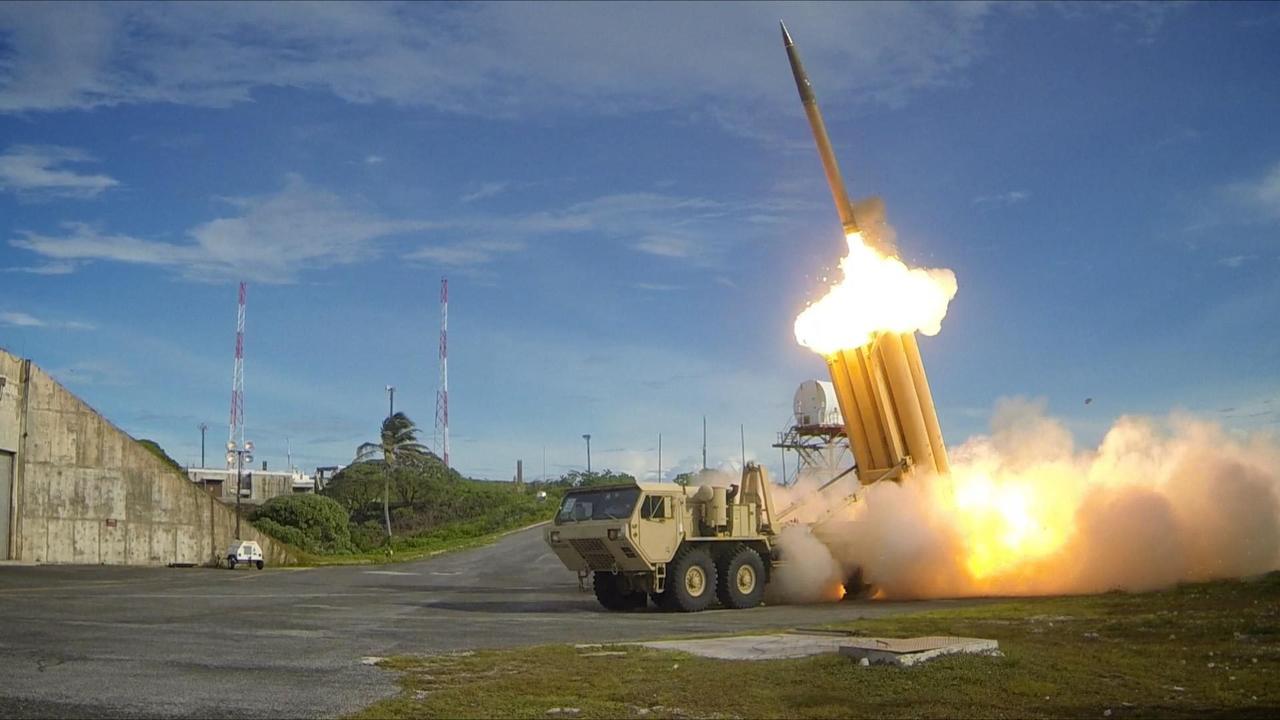China Gives Japan, Korea Ultimatum On Hosting US Missiles After INF Collapse
The major Japanese daily Asahi Shimbun revealed this week that Chinese officials issued a stern to warning to Japan and South Korea against any move to host intermediate-range missiles on their soil.
Citing both Japanese and US sources, the newspaper said Chinese Foreign Minister Wang Yi issued the message to his Japanese and South Korean counterparts in August — an action apparently triggered by President Trump’s announced official withdrawal from the Intermediate-Range Nuclear Forces (INF) treaty with Russia.

Given a key administration criticism of the INF is that it doesn’t account for developing technology and advanced missiles of major powers like China, Beijing is said to be worried over the fallout of a potential new US-Russia arms race for southeast Asia.
According to the report:
With the INF now invalidated, Beijing is concerned that Washington plans to deploy intermediate-range missiles in Japan and South Korea where they would be capable of reaching China.
Foreign Minister Wang reportedly told then Japanese Minister for Foreign Affairs Taro Kono: “If the United States deploys intermediate-range missiles in Japan, that would have a major effect on Japan-China relations” — a message also relayed in a separate bilateral meeting with South Korean Foreign Minister Kang Kyung-wha.
Japan’s Kono reportedly responded firmly with “Chinese missiles are capable of hitting Japan, so China must first work toward reducing its arsenal.”

And further: “Kang told Wang that China should first end its retaliatory measures against South Korea for the deployment of the U.S. military’s Terminal High-Altitude Area Defense system, the sources said.”
The revelation comes at an interesting moment, given US-South Korea relations reached a low-point this month after the Trump administration in negotiations with Seoul demanded a $4.7 billion annual price tag to keep 28,000+ US troops in South Korea.
Simultaneously, China has signed a defense agreement with South Korea promising to develop greater security ties. The agreement lays out a near-term plan to “foster bilateral exchanges and cooperation in defense”.
Tyler Durden
Fri, 11/22/2019 – 01:00
![]()
Zero Hedge’s mission is to widen the scope of financial, economic and political information available to the professional investing public, to skeptically examine and, where necessary, attack the flaccid institution that financial journalism has become, to liberate oppressed knowledge, to provide analysis uninhibited by political constraint and to facilitate information’s unending quest for freedom. Visit https://www.zerohedge.com